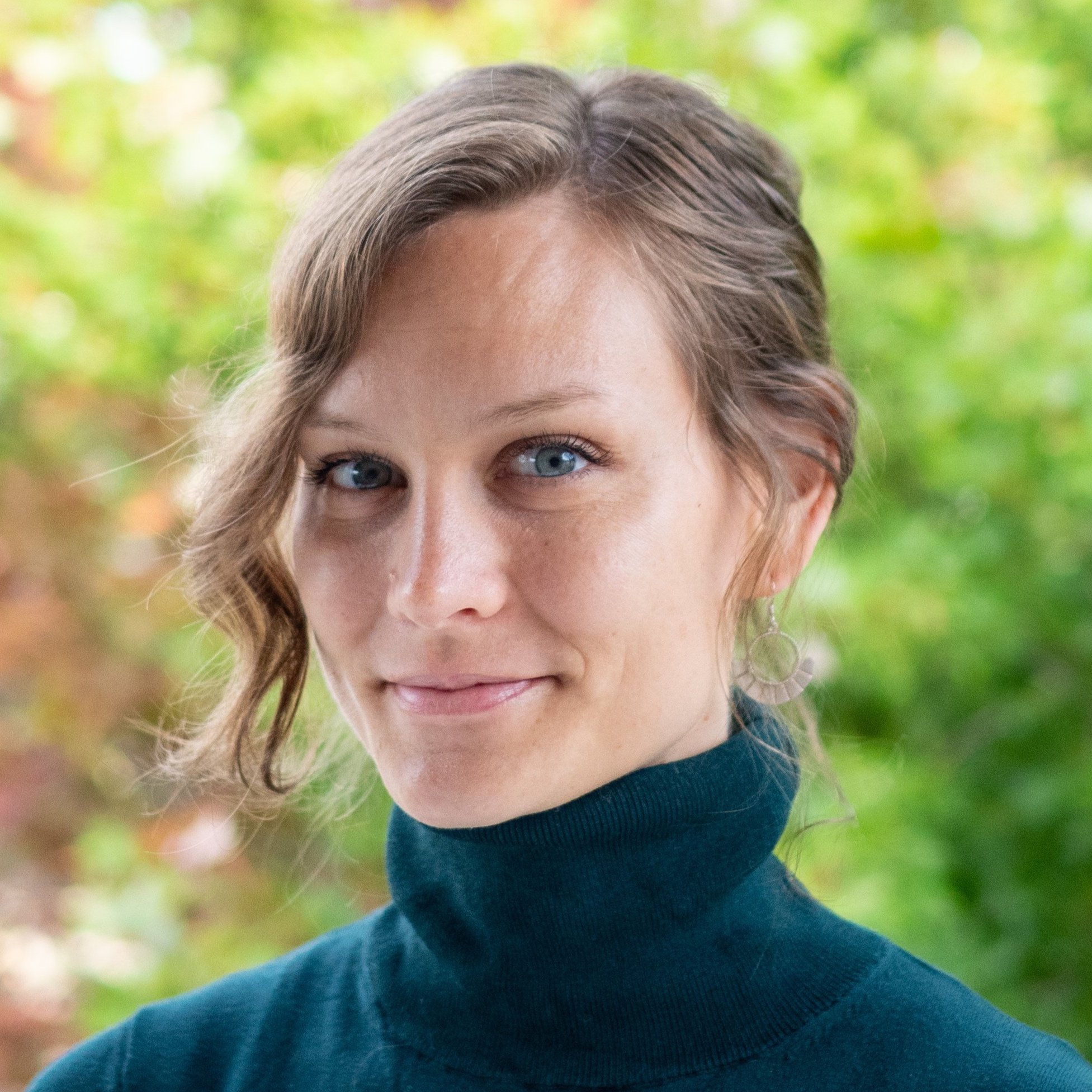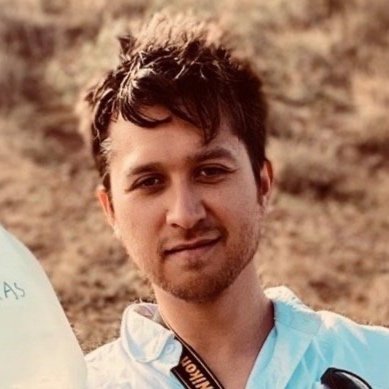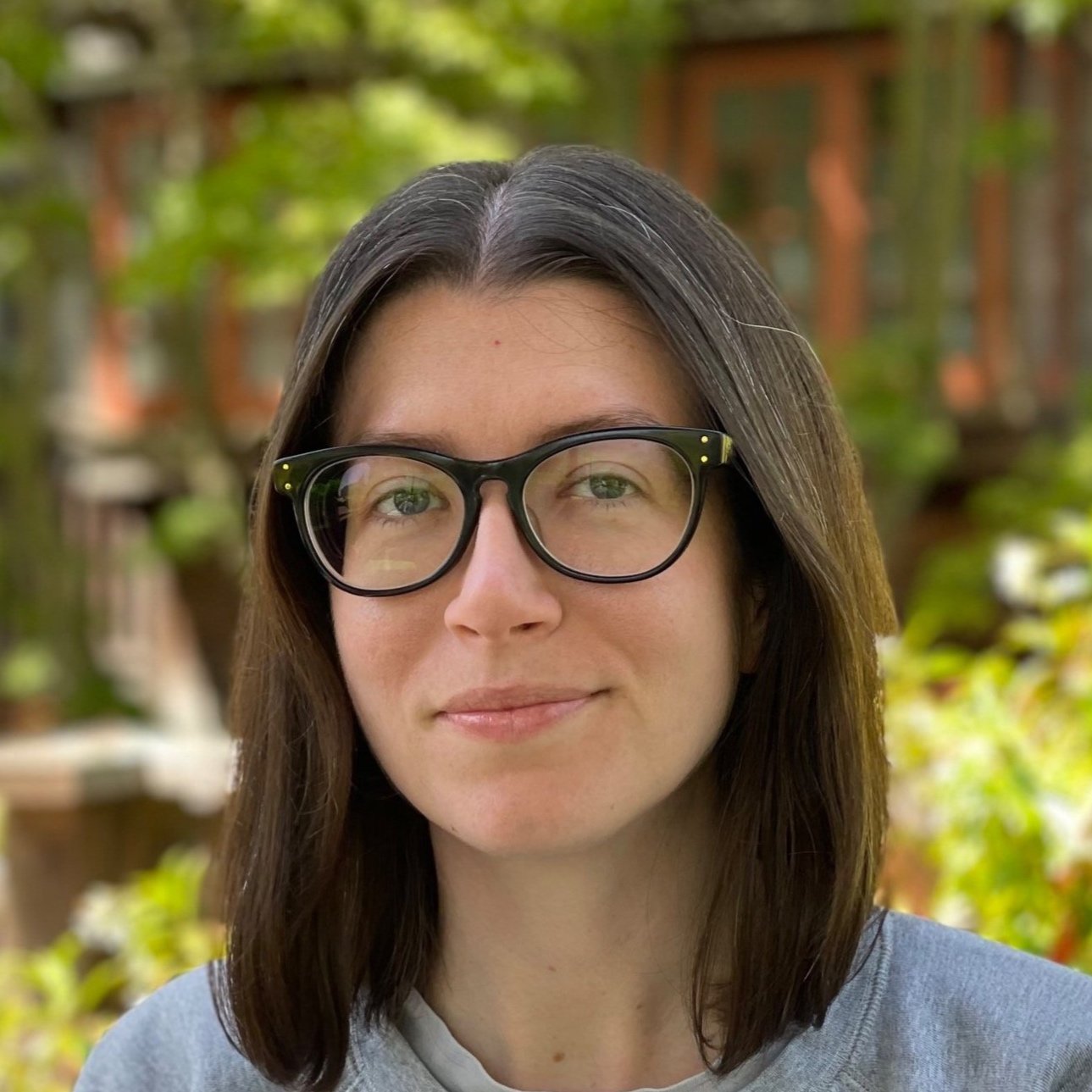FOR IMMEDIATE RELEASE
“I am thrilled to announce that for the second year in a row the National Institute of Social Sciences received an unprecedented number of submissions for its 2022 Dissertation Grant competition. After extensive deliberations, the Grants Committee has decided to award grants to five candidates this year,” said President of the National Institute, Fred Larsen.
“Our ability to offer so many grants to worthy candidates this year was facilitated by the Board of Trustees’ decision to increase funding for the Dissertation Grant award program, supported by the generosity of our Trustees, Members, and friends of the National Institute. The National Institute looks to strengthen its mission by growing our Grant-making activities and supporting multiple scholars doing promising research in the social sciences,” he added.
This year’s winners of the Dissertation Grants are:
Cameron McAlister, doctoral candidate in Sociology at the University of Kentucky
Brooke McKenna, doctoral candidate in Psychology at Emory University
Betsy Priem, doctoral candidate in Sociology at the University of Chicago
Nicholas Rodrigo, doctoral candidate in Sociology at the City University of New York
Jessica Schirmer, doctoral candidate in Sociology at the University of California Berkeley
“This year the Grants Committee solicited submissions from an even wider range of graduate institutions than we have in the past, and the competition resulted in the largest number of first-rate proposals the National Institute has ever received. These candidates won against very stiff competition from several other excellent candidates in a broad range of research disciplines” commented Grants Committee Chairman Jonathan Piel.
The National Institute is delighted to continue its direct support of graduate studies in the social sciences by helping to fund these scholars’ promising and groundbreaking research.
You can learn more about the National Institute’s Grants Program here.
Cameron McAlister
Cameron McAlister is a doctoral candidate in Sociology at the University of Kentucky. With specialties in rural sociology and spatial demography, his research examines how uneven development differentially impacts rural opportunity structures and outcomes for health and mortality.
His dissertation examines “Deaths of Despair”, elevated suicides and drug and alcohol related mortalities among working class residents of rural areas. This project seeks to understand how “Deaths of Despair” are cultivated in place as a result of historical patterns of economic turbulence and resource deprivation. The analyses will utilize exploratory spatial data analysis and multilevel growth curve modeling across various spatial categorization schemes. A more granular picture of deaths of despair across heterogenous rural areas will highlight and advocate for place-specific interventions in contrast to one-size-fits-all approach to policy.
The 2022 National Institute of Social Sciences Dissertation Grant will support this dissertation, including attendance to workshops on spatiotemporal data analysis and attendance to conferences to disseminate findings. Prior to attending the University of Kentucky, he received a M.A. in Sociology from Indiana University – Purdue University Indianapolis, and a B.S. in Psychology from Indiana University Bloomington.
Brooke McKenna
Brooke McKenna is a doctoral candidate in the Clinical Psychology program at Emory University. Brooke’s research centers on the biological and psychosocial factors that contribute to the development of psychological disorders. In particular, she is interested in understanding when and how varying forms of adversity – ranging from childhood trauma to systemic inequality – confer risk for psychological disorders.
Brooke’s research prioritizes the inclusion of Black American women and children, given the historical underrepresentation of Black Americans in psychological studies despite robust evidence that Black Americans are disproportionately exposed to and impacted by individual and systemic adversities. In graduate school, Brooke has taken a diverse approach to examining how genetic factors – spanning polygenic risk, epigenetic alterations, and genetic variation within the gut microbiome – can help us better understand the development of psychological disorders, both within an individual and extending into future generations.
For her dissertation, Brooke will examine biological factors that may identify and protect against the intergenerational impact of stress and adversity among Black American women and children. Brooke is grateful to receive support from the National Institute of Social Sciences Dissertation Grant that enables her to work towards these important goals.
Betsy Priem
Betsy Priem is a doctoral candidate in Sociology at the University of Chicago who specializes in environmental and urban sociology. Her research focuses on climate governance, with an emphasis on processes of adaptation policy and environmental justice.
For her dissertation, Priem leverages cases of a climate adaptation strategy known as managed retreat to investigate how and why local communities and governments select certain adaptation strategies over others. This project combines qualitative approaches with computational techniques to illuminate barriers and pathways to harm reduction initiatives, focusing on the processual and relational dynamics in local governance. The 2022 NISS Dissertation Grant will support ethnographic field work and interviews for this research. Priem holds a B.A. in sociology and psychology from the University of Minnesota, an M.S. in education and special education from Touro College, and an M.A. in both sociology and social science from the University of Chicago.
Nicholas Rodrigo
Nick Rodrigo is a doctoral candidate in Sociology at the Graduate Center, CUNY where he is currently writing his PhD thesis titled “Wielding The Border: A genealogy of US-Mexico borderland practices and the purposes they serve from conquest to today”. Through the construction of a robust theoretical lens, archival research and qualitative investigation in the US borderlands he will trace how the practices of bordering has evolved, and the central purpose the serve to t the US state projects of racial capitalism and the expansion of the security state.
Nick is a founding member of the Social Anatomy of Deportation Regime at John Jay college, where he has coordinated their public events and research projects since its establishment in 2018. He has written several op-eds and book chapters on the state of US-Mexico borderland violence and the nature of detention and deportation proceedings in the US, as well as producing a podcast on the deportation regime in the US called “They Are Just Deportees”. His forthcoming podcast “These Bordering Scars” will examine the socio-political history of the US-Mexico borderland violence and will be published in the Fall of 2022. Nick also teaches courses on prison/police/border abolition and immigration at John Jay College and leads the qualitative section of a large NSF funded project concerning criminal deportations in New York City.
Jessica Schirmer
Jessica Schirmer is a doctoral candidate in Sociology at the University of California, Berkeley. She studies social policy and inequality in the United States. She is particularly interested in using social science to identify new political and institutional possibilities to advance democratic accountability, opportunity, and mobility through policy reform.
Her dissertation explores the growing need for affordable housing and the loss of reform momentum in federal housing and urban development policy since the 1970s. She traces the development of federal housing policy debates in the twentieth century. From the 1930s through the 1960s, policymakers embedded both federal housing finance and low-income housing policy in a broader set of concerns that included stimulating the economy and increasing the supply of decent, affordable housing. Jessica argues that, since the 1970s, public elements receded as reform movements failed and the private sector was reconfigured.
The 2022 NISS Dissertation grant will support follow-up visits to Presidential archives, as well as conference travel. Prior to Berkeley, she earned a B.S. in Physics from the Massachusetts Institute of Technology.






